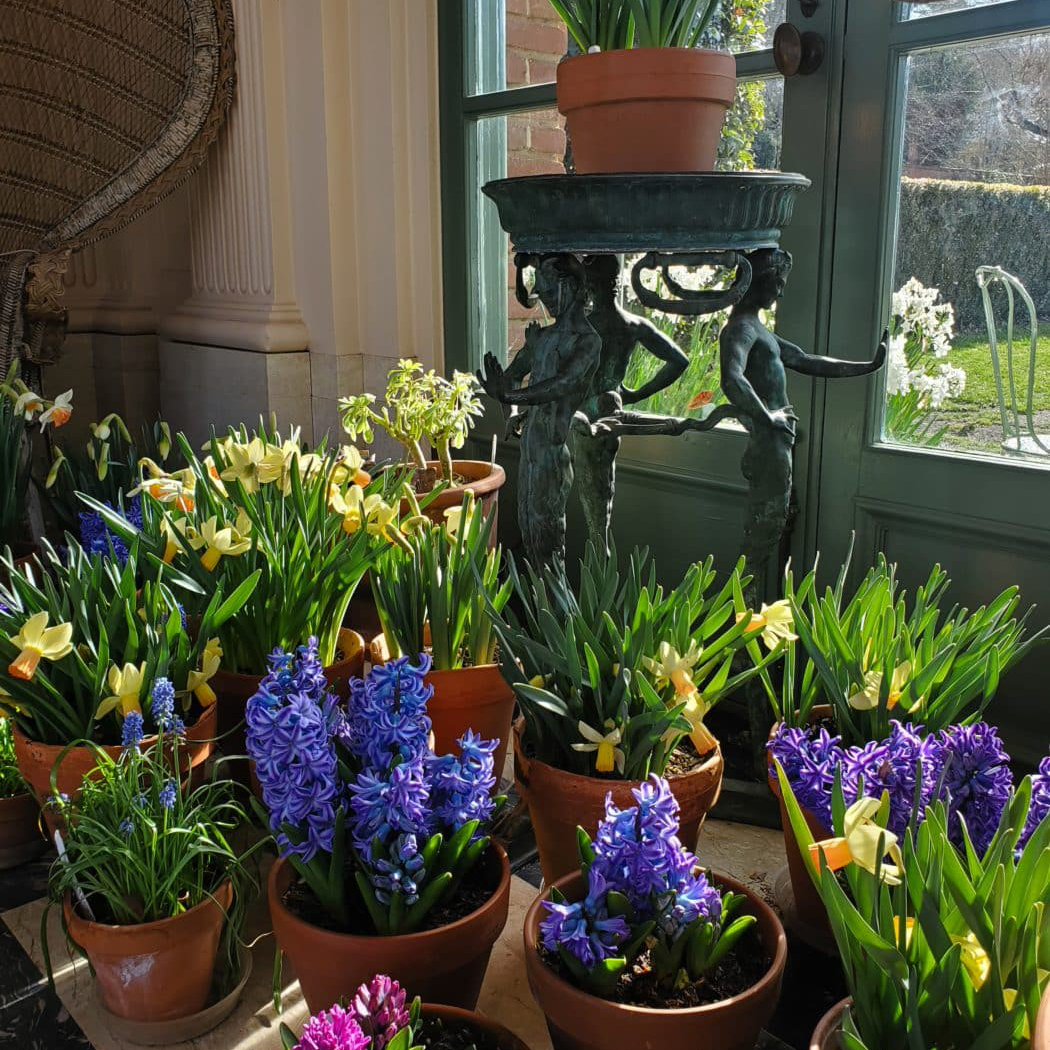The History of Poldna
Poldna is a small village located in the heart of Europe. It has a rich history dating back to the 12th century. Poldna was first mentioned in the chronicles of the Cistercian Order in 1162. The village was known for its fertile land and agriculture. In the 14th century, Poldna became a trading center due to its strategic location at the crossroads of important trade routes. The village prospered and became a hub of cultural exchange.
The Culture of Poldna
Poldna is known for its unique culture and traditions. The village has a strong sense of community, and its people are proud of their heritage. The traditional dress of Poldna is a colorful combination of red, green, and white. The local cuisine is also famous, and it’s based on fresh, organic ingredients. The most famous dish is Poldna’s stew, which is made with local vegetables and meat.
The Festivals of Poldna
Poldna is known for its colorful festivals, which are celebrated throughout the year. The most popular festival is the Harvest festival, which takes place at the end of September. During the festival, the villagers gather to celebrate the end of the harvest season. They dress in colorful costumes, dance, sing, and enjoy the local food and drinks. Another popular festival is the Christmas market, which takes place in December. The market is decorated with lights and offers local crafts and food.
The Folklore of Poldna
Poldna has a rich folklore tradition. The villagers have many legends and stories that have been passed down from generation to generation. One of the most famous legends is about the Golden Calf, which is said to be hidden in the forests near the village. According to the legend, whoever finds the Golden Calf will be blessed with wealth and prosperity.
The Future of Poldna
In recent years, Poldna has faced many challenges, including emigration and the loss of traditional agricultural jobs. However, the village has embraced change and is now focusing on sustainable tourism and eco-friendliness. Poldna has become a popular destination for tourists who want to experience rural life and learn about traditional culture and traditions. The villagers are proud of their heritage, and they are working hard to preserve it for future generations.
